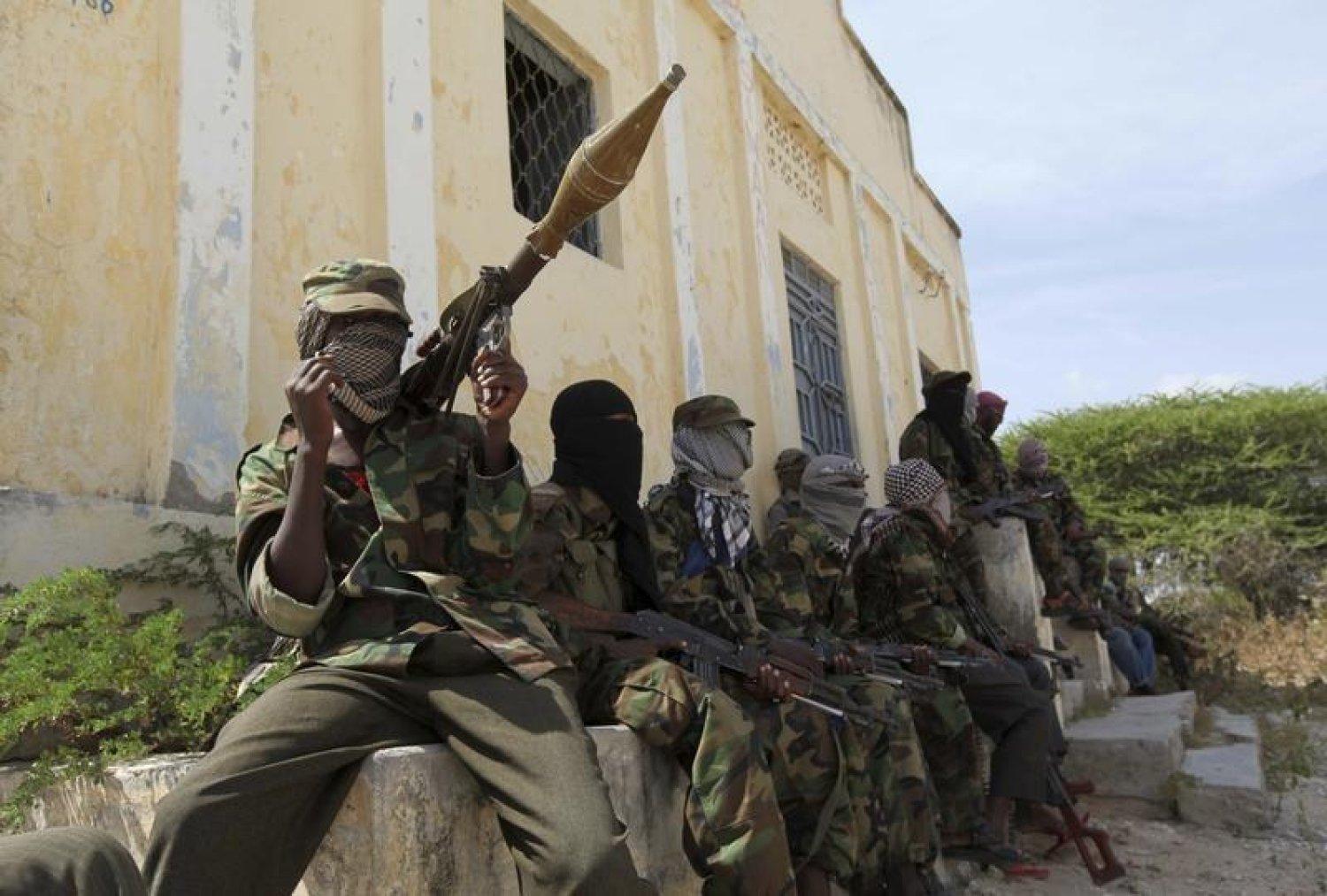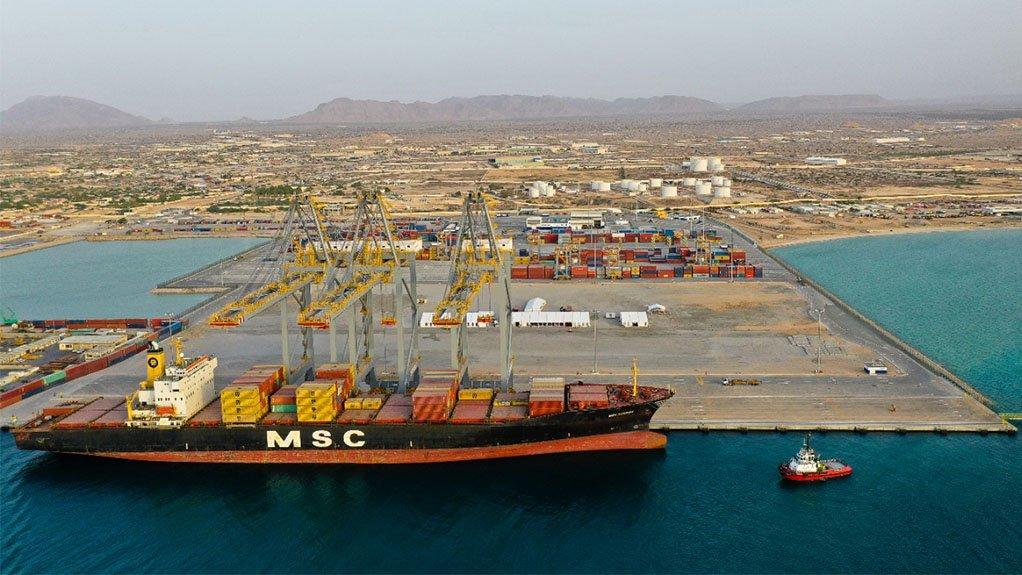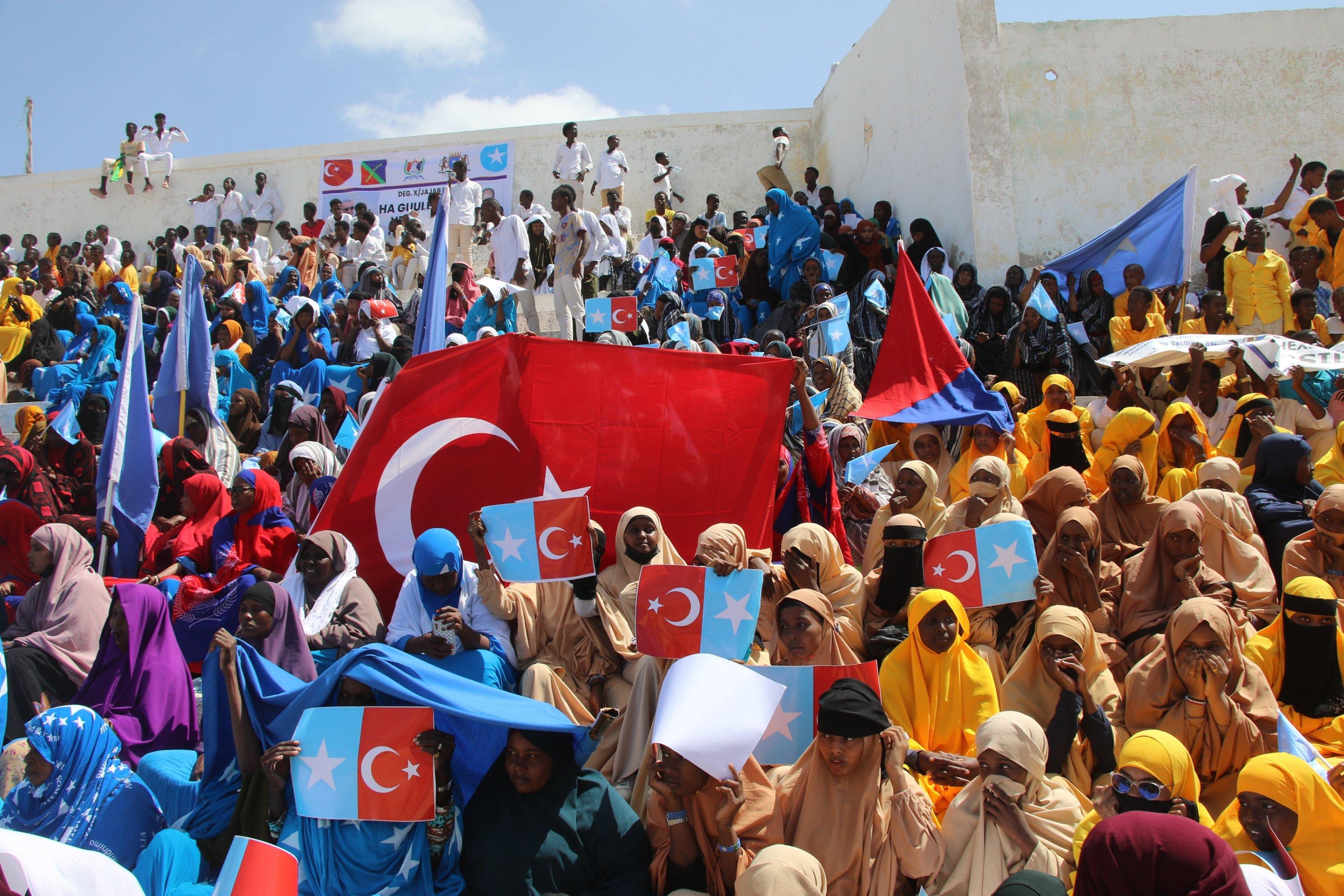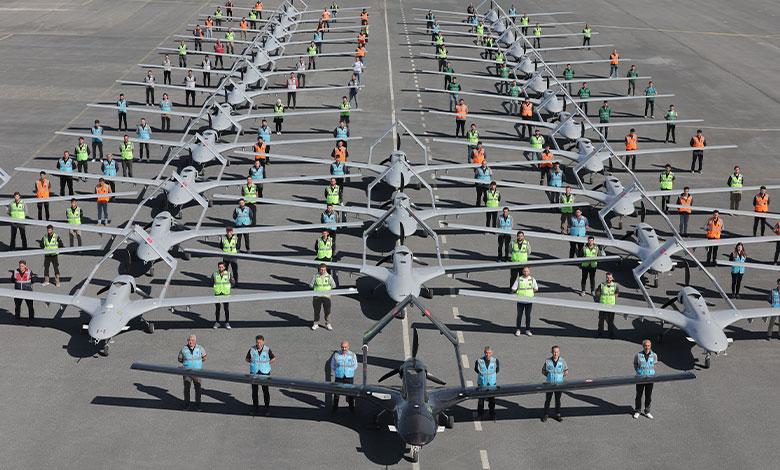Somali – Ethiopia rifts and Türkiye’s long way in Africa Notable dispute?
On August 13, the second mediation meeting between Somalia and Ethiopia over the port deal with Somaliland under Türkiye’s close watch ended with no result. The negotiations held in Ankara had attempted to repair relations between the East African neighbours, whose relationship nosedived in January when Ethiopia agreed to lease 20 km of coastline from Somaliland in exchange for recognition of its independence. Moreover, Ethiopia agreed to provide an in-depth assessment of Somaliland’s quest for official recognition as an independent nation – the first time any other country has offered to do this. İn return, Somaliland will receive a stake in state-owned Ethiopian Airlines.
Since the signing of the agreement, Türkiye has made enormous efforts to mediate the talks between two regional states to prevent potential escalation in a volatile region.
Since the first day, Somali labeled the agreement between the two as illegal and retaliated by expelling the Ethiopian ambassador and threatening to kick out thousands of Ethiopian troops stationed in the country helping battle Islamist insurgents.

As such, the foreign ministers of Ethiopia and Somalia held their first round of direct talks in Ankara in early July and agreed to gather in early September for a second round. However, foreign ministers did not hold face-to-face meetings in Ankara but separately with the Turkish Foreign Minister Hakan Fidan.
Ankara’s quest to obtain a leading role in this complex dispute between Ethiopia and Somalia reveals its ambitions to ensure a permanent footprint in the Horn of Africa, while major Western powers like the United States (US) and France are distracted by other complex conflicts, such as the Israel – Hamas war. The agreement regarding the Port of Berbera is significant for Ethiopia due to its interest in boosting trade turnover with countries like Saudi Arabia, Oman, and the United Arab Emirates. Official Addis-Ababa even expressed willingness to put additional investments in the port to upgrade its technical capabilities.

However, the Somalian government has long been skeptical about the port and unrecognized Somaliland and demanded all countries to annul trade agreements with the entity, though unsuccessfully. Indeed, the port is a viable option for Ethiopia and Somalia to have permanent access to the Red Sea, the Suez Canal, and Europe. Considering that Mogadishu considers the breakaway Somaliland region as its sovereign territory, and therefore considers any international contacts as illegal.
Notably, Türkiye sought an opportunity to intervene in the process as a regional power out of its pragmatic interests. Notwithstanding Ankara’s optimism, Somalia's delegation held firm in its stance, refusing to negotiate over the disputed maritime agreement between Ethiopia and Somaliland. Somalia's position has been clear: Ethiopia must withdraw from the agreement before any further dialogue can proceed.

Ankara has close relations with Mogadishu as the two governments have signed a 10-year defence pact in which Türkiye would help guard Somalia's coastline and rebuild the Horn of African nation's naval force. Moreover, under the new agreement, Türkiye agreed to provide the Somalian police forces with the necessary training to increase their professional skills. Ethiopia maintains a close defence partnership with Ankara by purchasing Turkish-made weaponry, namely well-known Bayraktar-TB combat drones.

Subsequently, the Ethiopian government is keen to ease tensions, while Somalia has been on an extensive diplomatic campaign to enlist support from countries in the West and Gulf states. Nonetheless, there were "no indications" yet that Ethiopia was willing to walk away from the deal. Official Addis-Ababa considers the agreement a good chance to revive its shrinking economy following the violent war in the Tigray region, which caused many lives and devastation in several regions.
However, Ethiopia’s stance on the recent deal with Somaliland and criticism of the Somalian government could inflame an armed escalation in the fragile region despite external actors’ attempts to ensure peaceful dialogue and resolution of the issue.








